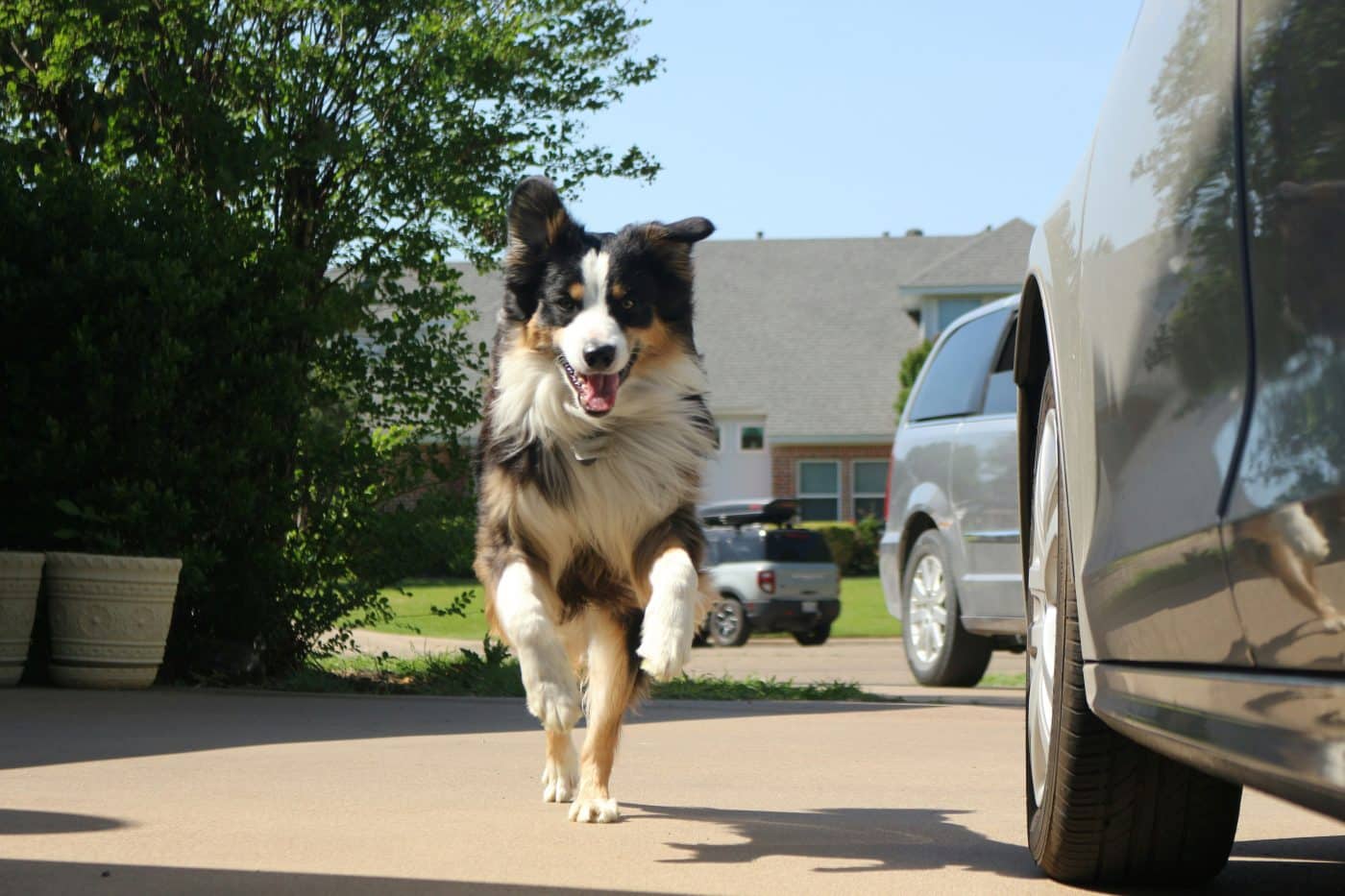 Shutterstock
Shutterstock
Few things are more terrifying for a dog owner than realizing their pup has run away. One moment they’re in the yard, and the next, they’re gone. While it may seem like dogs run off just for fun, the reasons are often more complex—and sometimes heartbreaking. Fear, anxiety, boredom, or instinct can drive them to escape. Understanding why dogs run away is the first step in preventing it. By addressing their needs and ensuring a secure environment, you can help keep your furry friends safe at home where they belong.
The Call Of Adventure
 Shutterstock
Shutterstock
Some dogs are natural explorers, always seeking new sights, smells, and experiences. Breeds like Siberian Huskies and Beagles are notorious for their wanderlust, often taking off on an unexpected journey when given the chance. They may not be trying to leave you permanently—they’re just following an exciting scent or chasing something that caught their eye. A secure fence, leash walks, and plenty of mental stimulation can help satisfy their curiosity without risking their safety.
The Fear Response
 Shutterstock
Shutterstock
Loud noises, thunderstorms, fireworks, or even a strange visitor can trigger a dog’s flight response. When dogs panic, their first instinct is often to escape the perceived danger, even if it means running blindly into the unknown. Once fear takes over, they may not stop running until they’re exhausted or far from home. Keeping your dog indoors during loud events, providing a safe space, and using calming techniques can help reduce their urge to flee.
The Chase Instinct
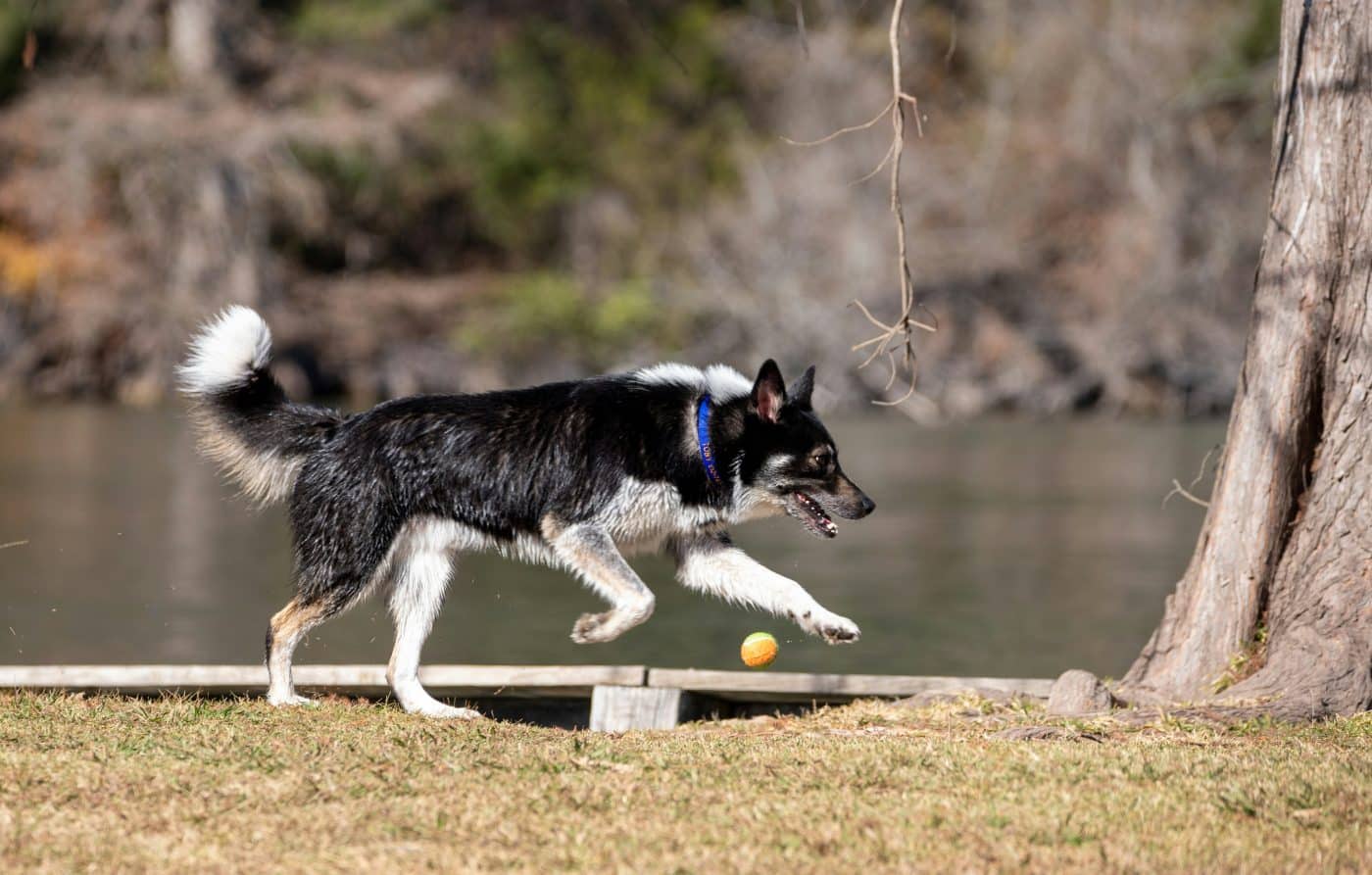 Shutterstock
Shutterstock
Some dogs have an uncontrollable urge to chase anything that moves—squirrels, rabbits, cars, or even joggers. This instinct is particularly strong in breeds like Border Collies and Greyhounds, who were bred for hunting or herding. Once they start chasing, their focus shifts entirely to their target, and they often don’t realize how far they’ve run. Keeping them on a leash during walks and ensuring they have plenty of safe outlets for their energy can help manage their natural drive.
The Search For A Mate
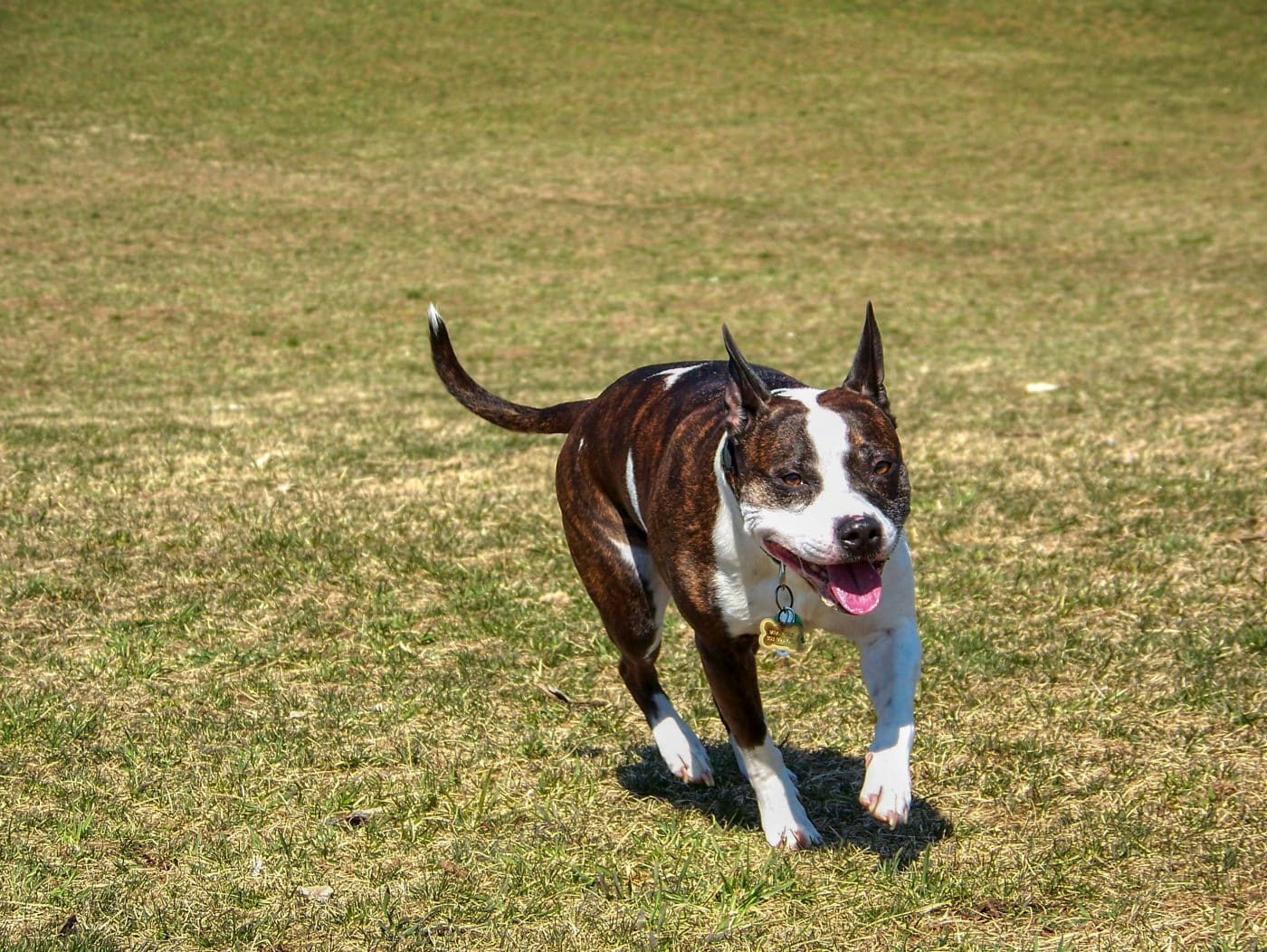 Shutterstock
Shutterstock
Dogs that aren’t spayed or neutered are more likely to escape in search of a potential mate. When their hormones take over, they will do whatever it takes to track down another dog, even if it means digging under a fence or jumping over a barrier. The best way to prevent this is by ensuring your dog is spayed or neutered, which reduces their desire to roam and benefits their long-term health.
The Boredom Escape
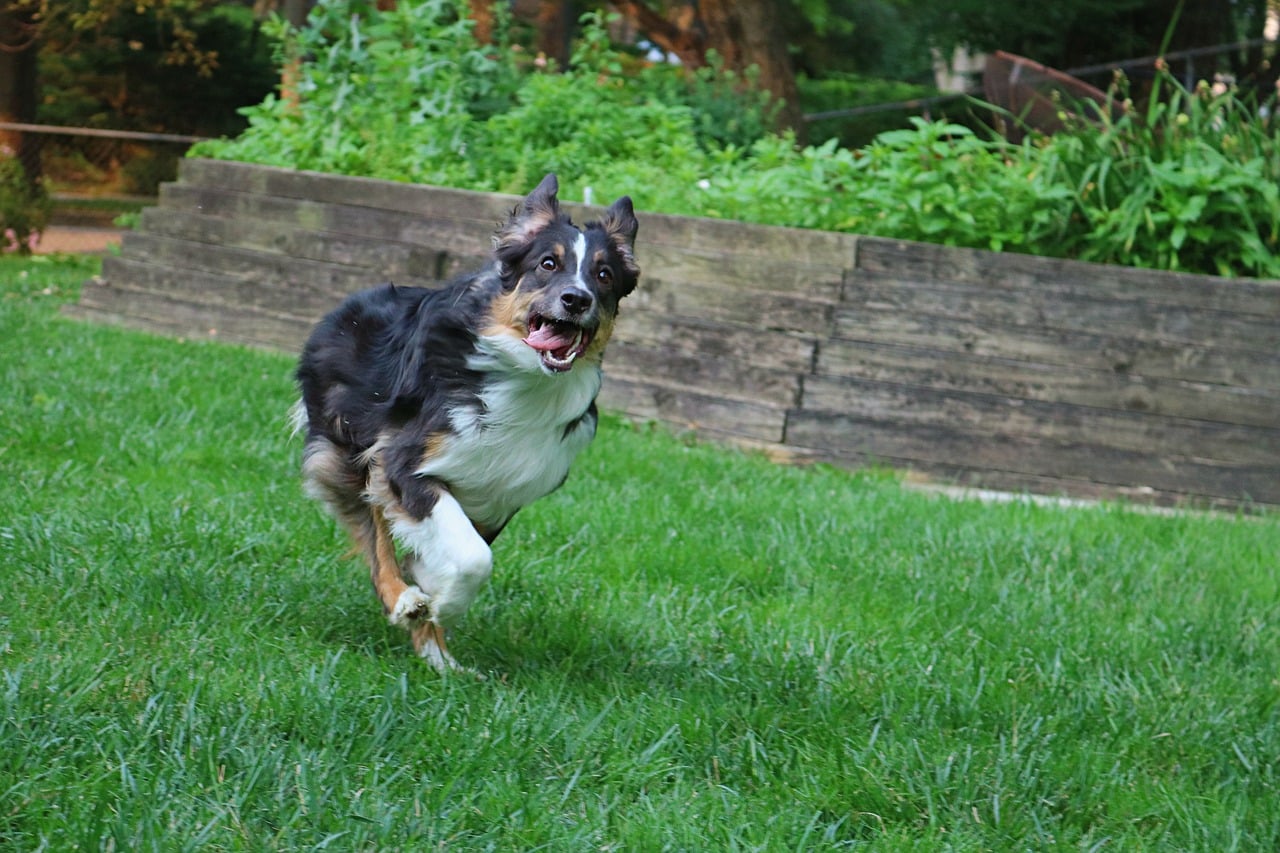 Shutterstock
Shutterstock
Dogs left alone for long hours without mental or physical stimulation can become bored and restless. Escaping seems like an exciting option when there’s nothing to do, especially for high-energy breeds like Labrador Retrievers and Australian Shepherds. Digging, jumping, or squeezing through small gaps can be their way of finding adventure elsewhere. Keeping your dog entertained with toys, regular exercise, and interactive play sessions can make your home a more exciting place to stay.
The Lack Of Training
 Shutterstock
Shutterstock
Dogs who don’t have proper recall training are more likely to run off when given the chance. If they don’t understand that coming back is the best option, they may keep running instead of returning to you. Teaching a reliable recall command with positive reinforcement ensures your dog knows that returning to you is always worth it. Consistent training can be the difference between a dog who bolts and one who stays by your side.
The Separation Anxiety Panic
 Shutterstock
Shutterstock
Dogs with severe separation anxiety often panic when left alone and will try anything to escape in search of their owner. In extreme cases, they may scratch at doors, chew through barriers, or even break through windows. This heartbreaking behavior is a result of deep distress, not a desire to leave home. Gradual desensitization, interactive toys, and even calming supplements can help ease their anxiety and prevent escape attempts.
The Accidental Freedom
 Shutterstock
Shutterstock
Sometimes, a dog running away isn’t intentional at all—it’s just a case of accidental freedom. A door left open, an unlatched gate, or even a hole in the fence can give them an unexpected opportunity to bolt. Even well-trained dogs can get excited by sudden freedom and take off before realizing they don’t know how to return. Regularly checking fences, using secure latches, and teaching a solid recall command can help prevent these accidental escapes.
The Herding Instinct
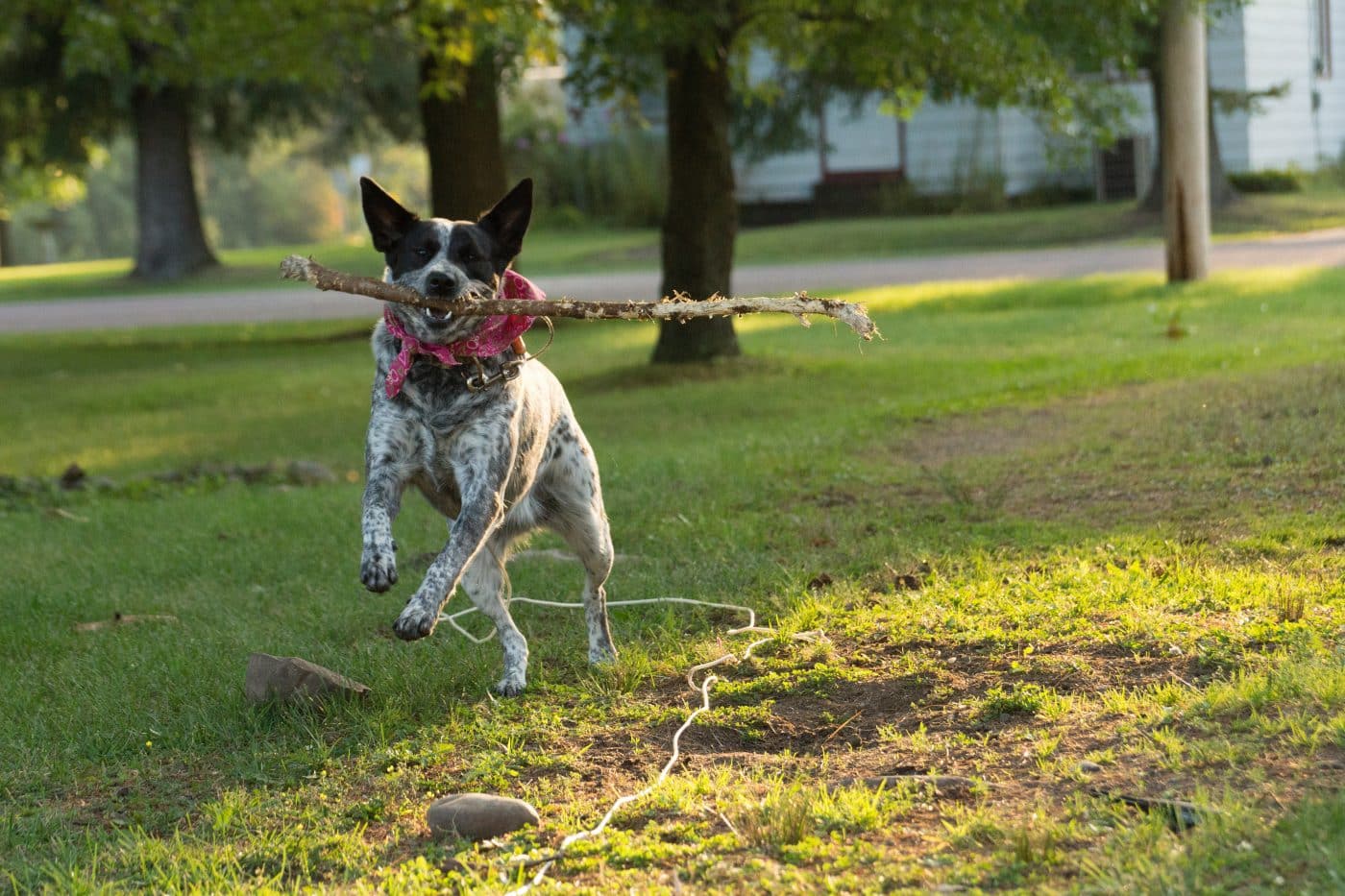 Shutterstock
Shutterstock
Certain breeds, like Australian Cattle Dogs and Shetland Sheepdogs, have a strong herding instinct that drives them to control movement. If they see something that needs “herding,” like kids playing or animals running, they might take off to try and control the situation. This instinct is deeply ingrained, and without proper training, it can lead to them wandering far from home. Providing herding games, training exercises, and plenty of mental stimulation can satisfy their instincts in a safe environment.
The Great Escape Is Not A Good Plan
 MidJourney
MidJourney
No dog wants to be lost or scared, but instincts, fear, or boredom can drive them to escape. Understanding why they run can help prevent these situations and keep them safe. Ensuring your pup gets enough mental stimulation, exercise, and training reduces their urge to wander. A happy, secure dog is far less likely to make a break for it—so make your home the best place they could ever imagine. They’ll never want to leave your side when they feel loved, engaged, and safe!

 2 weeks ago
17
2 weeks ago
17


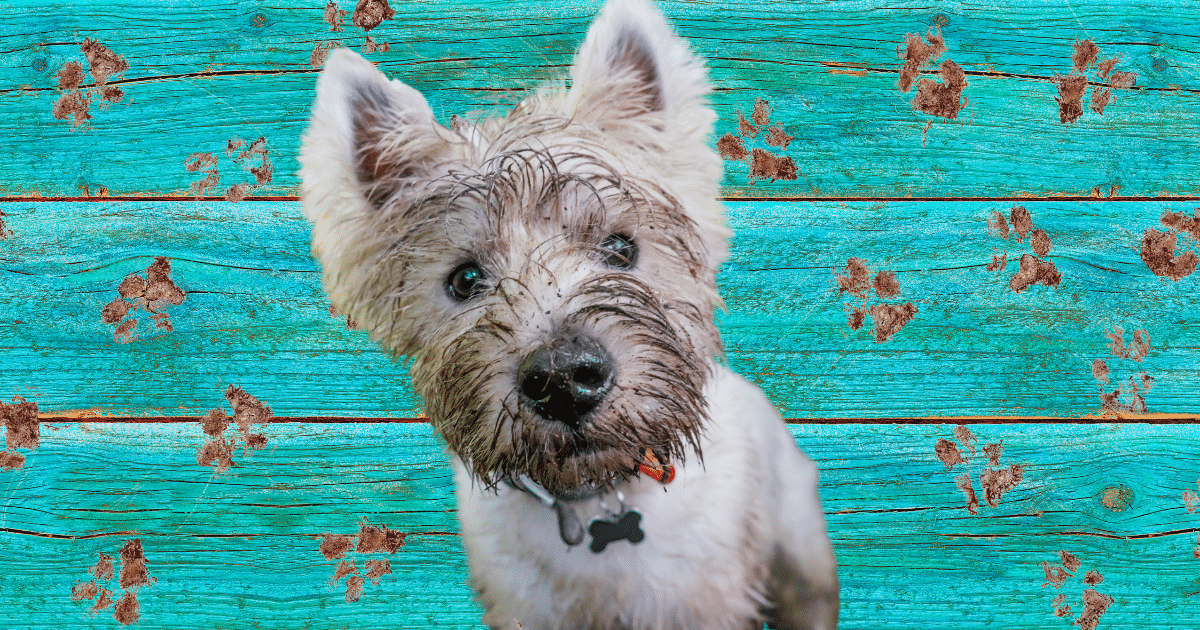

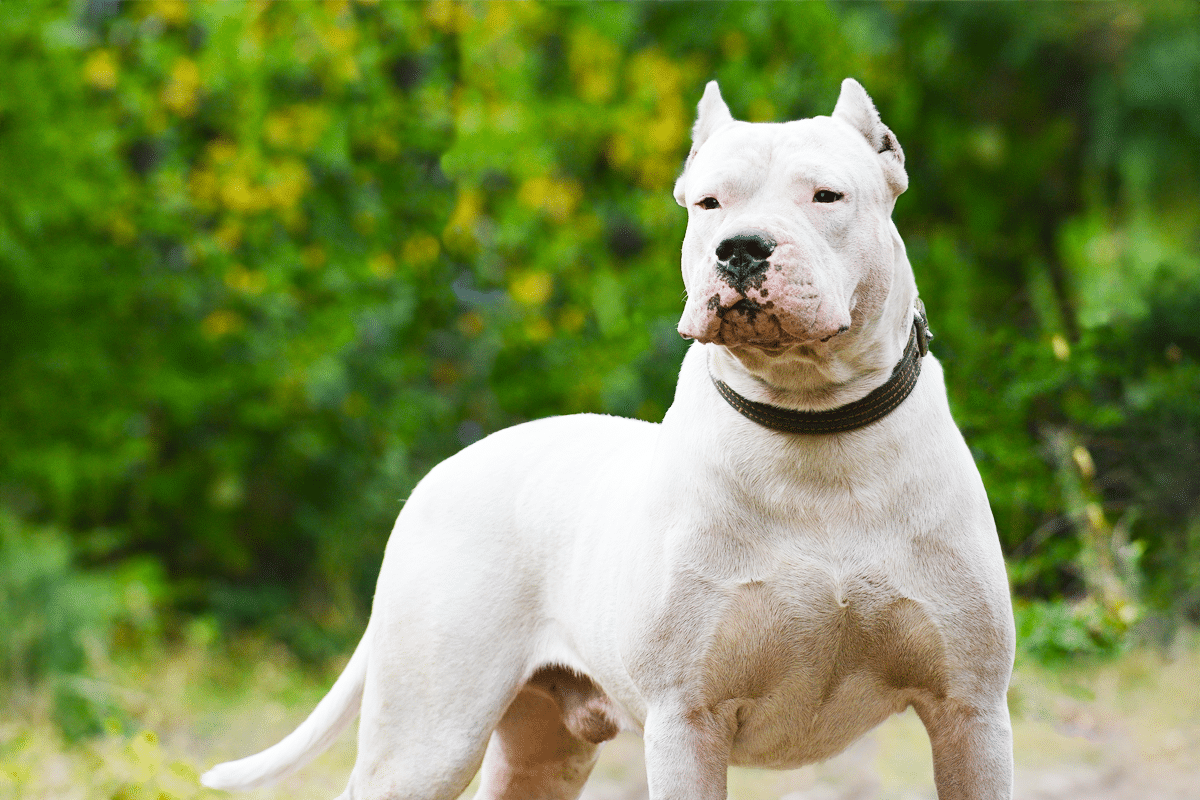













 English (US) ·
English (US) ·